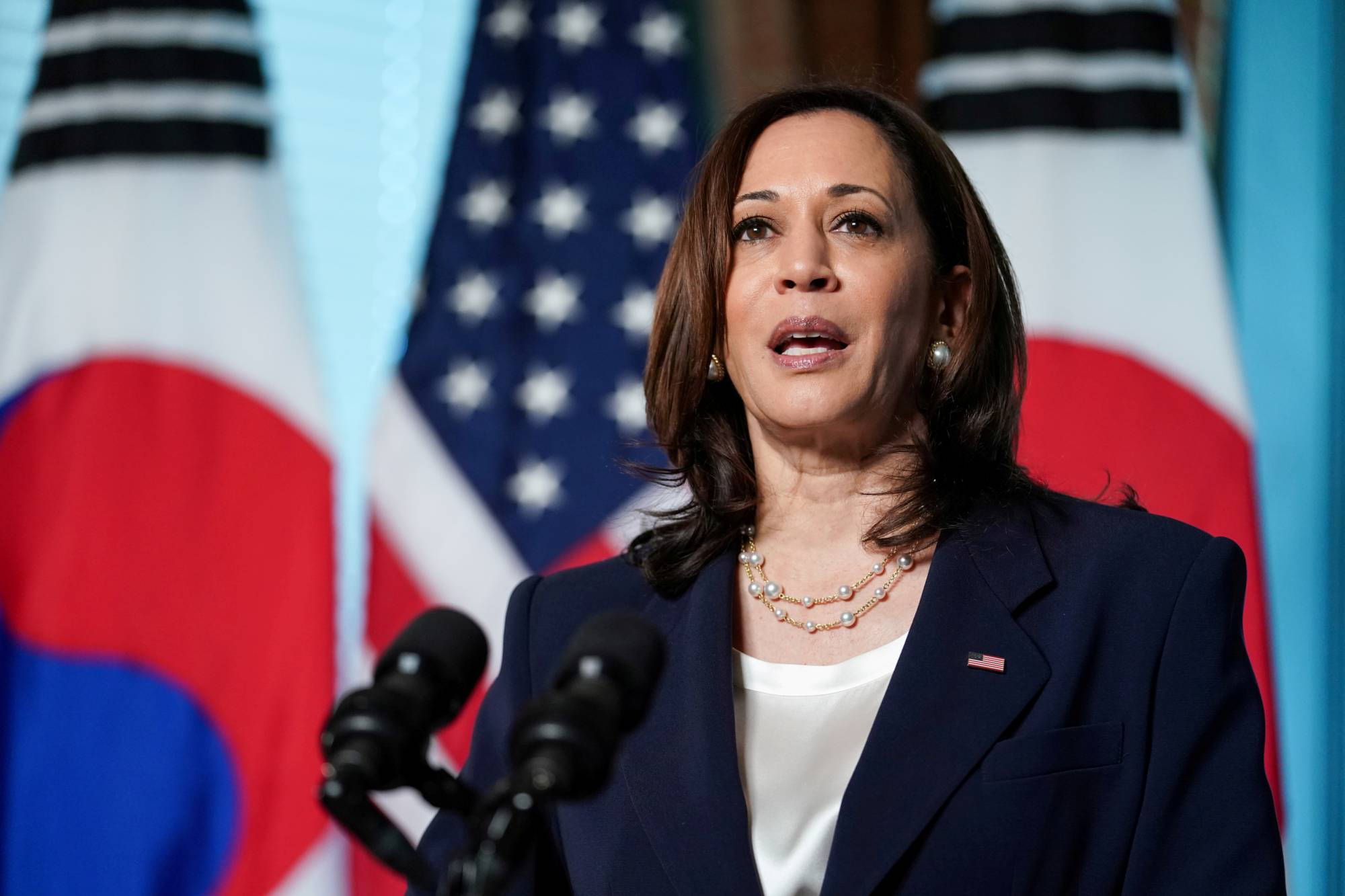U.S. - China Trade Relations: Past, Present & Future

U.S.-China relations have a significant impact on domestic and global trade. Since China’s integration into the trade regime, the U.S. and Chinese economies have become entangled which has challenged trade practices, businesses, and political administrations. AUWCL hosted three panelists in June to discuss the question, "Who gets to write the rules of the world economy?"
Simon Lester, who has focused research on the history of international trade law, explained that to write the “rules for the world’s economy,” President Obama negotiated the Trans-Pacific Partnership (TPP) trade agreement with countries of the Asia-Pacific region. However, Congress never ratified the agreement and the Trump administration explicitly withdrew from the treaty. Simon pointed out that on a multilateral level, Trump pushed for WTO reform after he proclaimed that letting China into the WTO was a mistake.
On a unilateral level, U.S. Trade Representatives resurrected Section 703 that allows the USTR to determine, on its own, whether foreign governments violate international trade agreements or otherwise unreasonably restrict trade and to retaliate without prior WTO authorization. The trade dispute escalated until a tariff truce was agreed (known as the “Phase One” deal in 2020), which in turn raised questions about its enforceability since it lacked a neutral mechanism to determine when violations take place.
Of the various legal mechanisms used to discipline China, Stacy Ettinger, who has extensive litigation experience for the U.S. in WTO proceedings, emphasized that the most concrete step President Biden could take is to pursue more litigation against China through the WTO. Stacy explained that China’s accession documents have plenty of provisions to push China to liberalize more, for example, in areas of forced technology transfer and of state-owned enterprises. On a regional level, the Biden Administration could adhere to the Comprehensive and Progressive Agreement for Trans-Pacific Partnership (CPTPP; formerly the TPP) in order to gain more leverage regarding China.
Another concern resulting from U.S. China relations is the developing “tech war” with China. Andrew Shoyer, drawing on his seven years of experience at the Office of USTR and WTO, explained that the U.S.’ embargo with respect to China has immediate implications on the U.S.’ export controls. The Bureau of Industry and Security of the Department of Commerce reformatted export controls, and the jurisdiction of the Committee on Foreign Investment in the United States greatly expanded. These two mechanisms are used in tandem to stand guard and prevent investments from China (and elsewhere) in critical technology.
Neysun Mahboubi, a Research Scholar of the Center for the Study of Contemporary China, at the University of Pennsylvania, illustrated how nations are watching closely as the U.S. seeks a solution to China’s Belt and Road Initiative, which is a vehicle for China to expand its soft power by building up trading relationships with other countries. The Biden administration revealed in its G7 statement that it sought to strengthen its position regarding China by fostering relations with its European allies, but Neysun explained that this puts a lot of unwelcomed pressure on the Europeans.